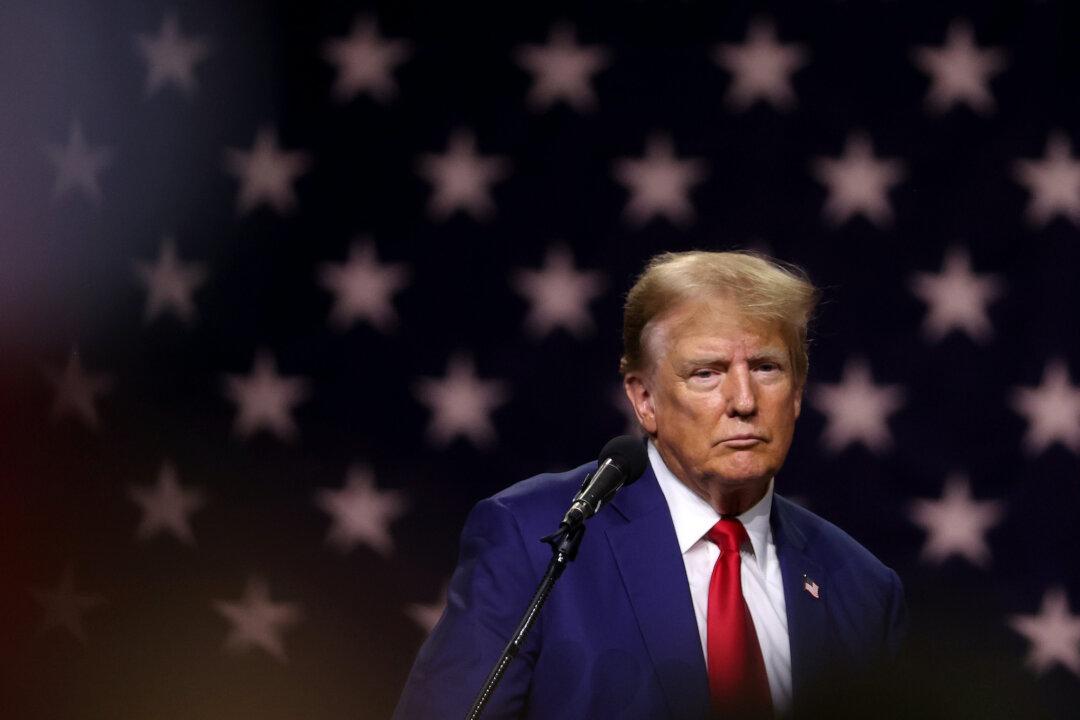Former President Donald Trump spent a good portion of 2023 campaigning while simultaneously litigating several criminal and civil suits, and now several of those cases have reached the front steps of the U.S. Supreme Court.
While the former president announced his intention to ask the high court to “intercede“ months ago, it was actually the prosecutors in one of the federal criminal cases who preempted the defense’s strategy by first seeking review from the Supreme Court before they had a chance to appeal.





